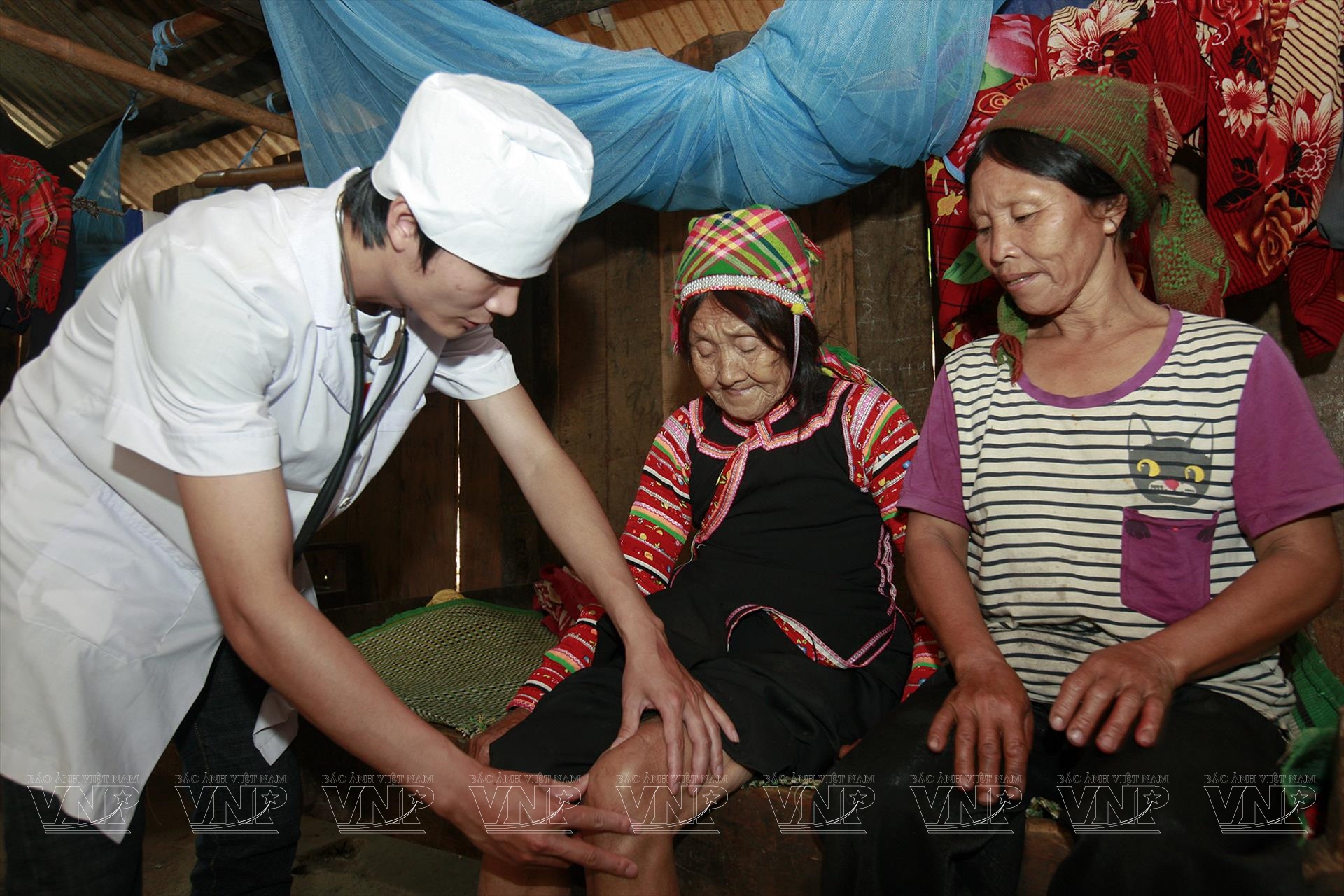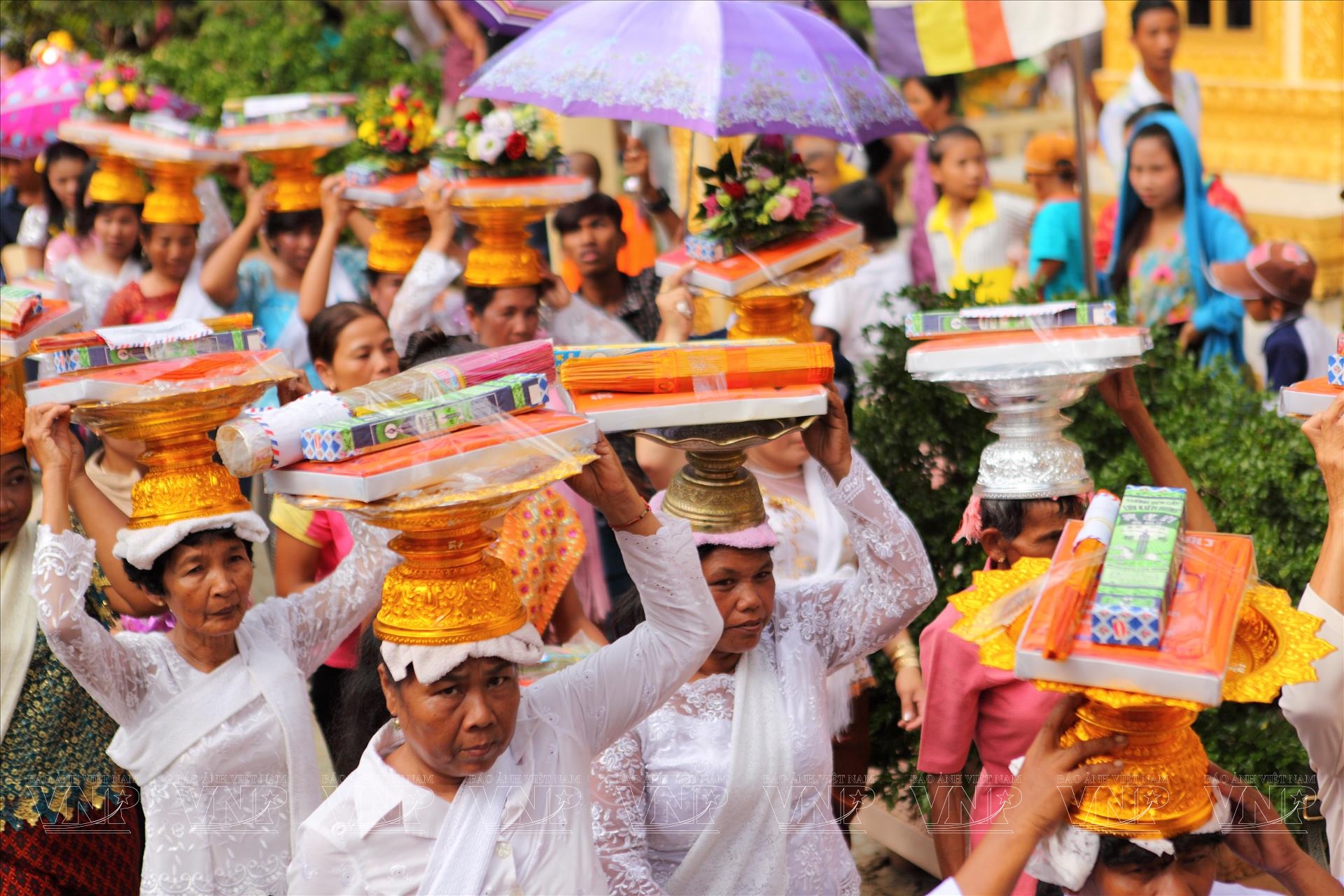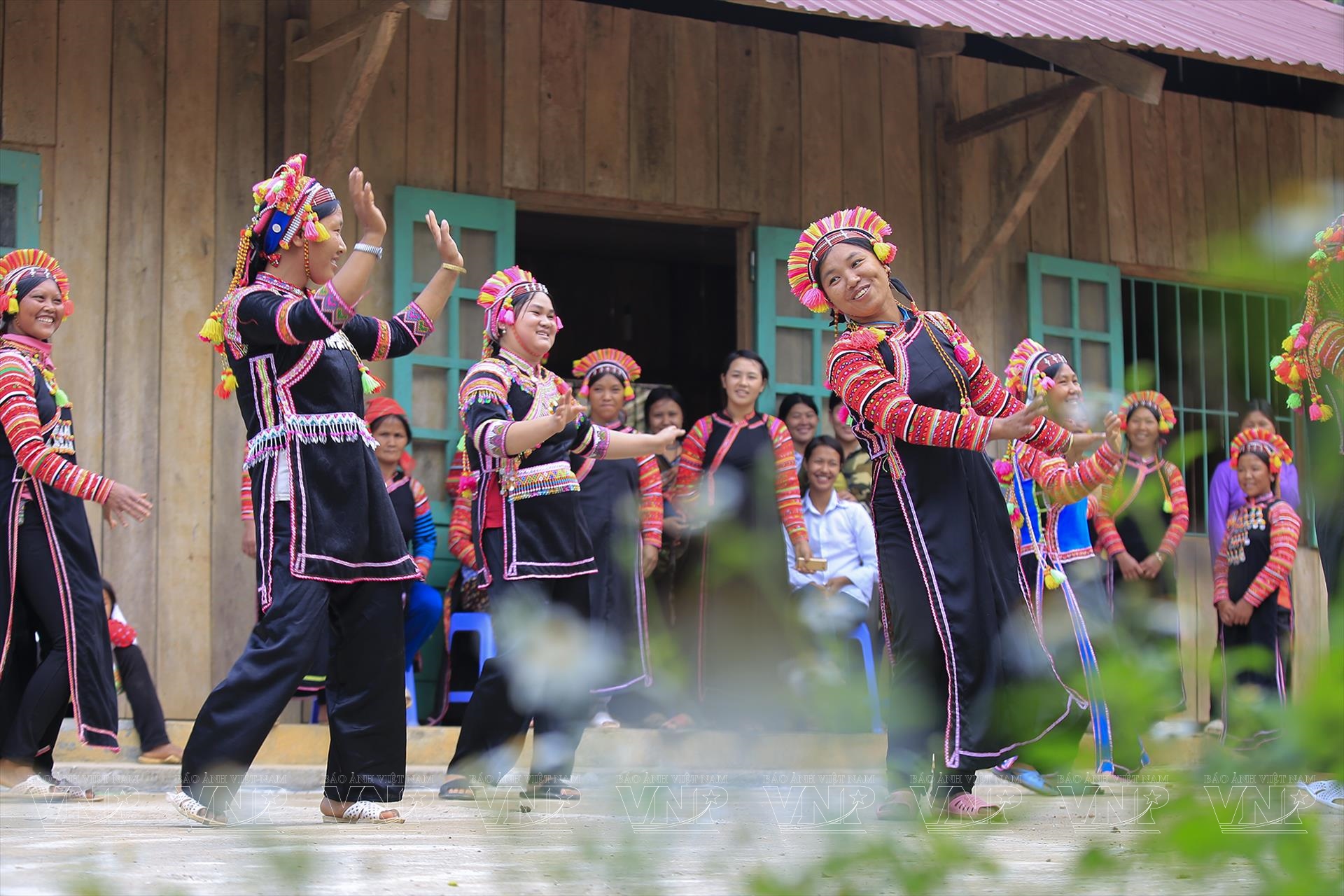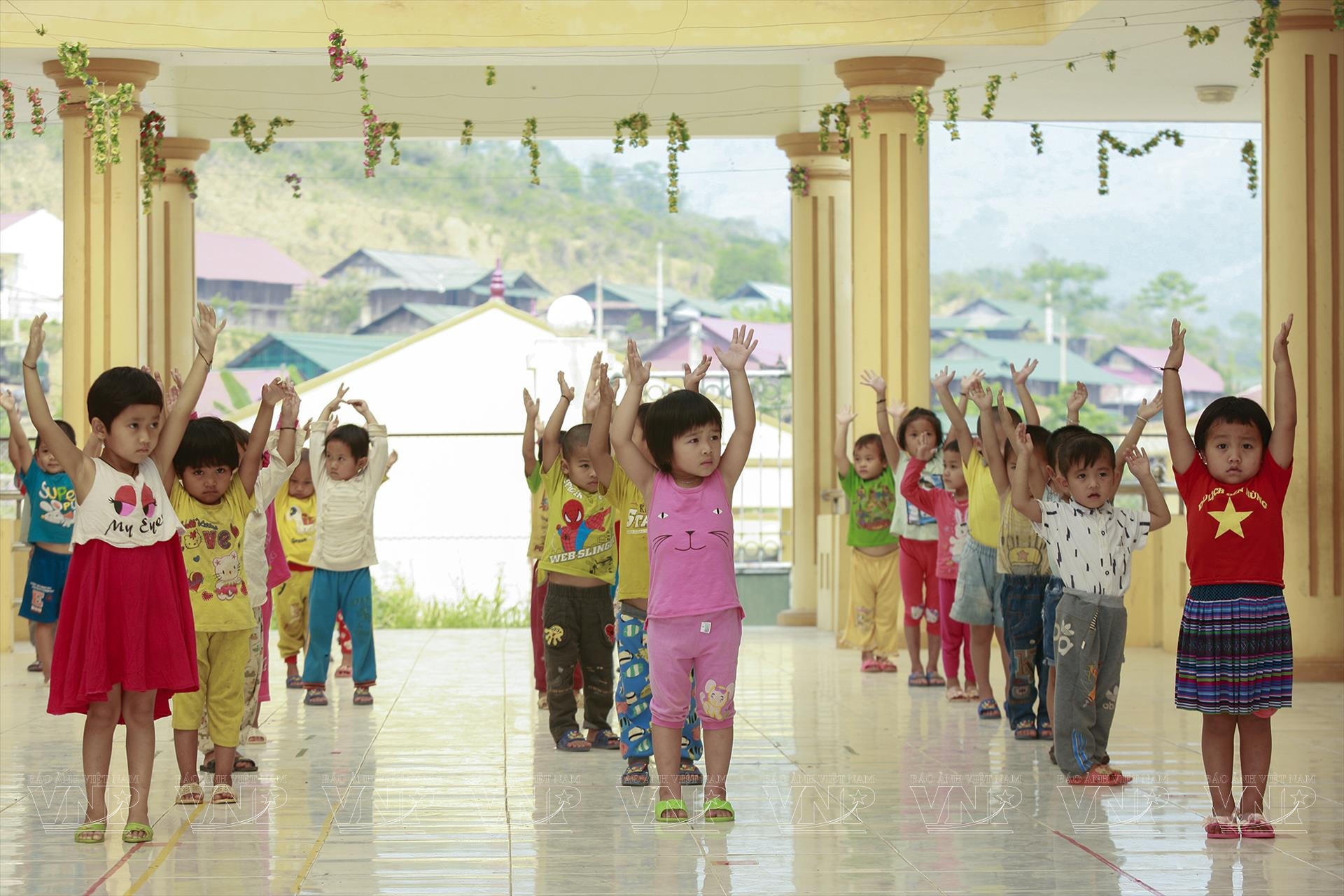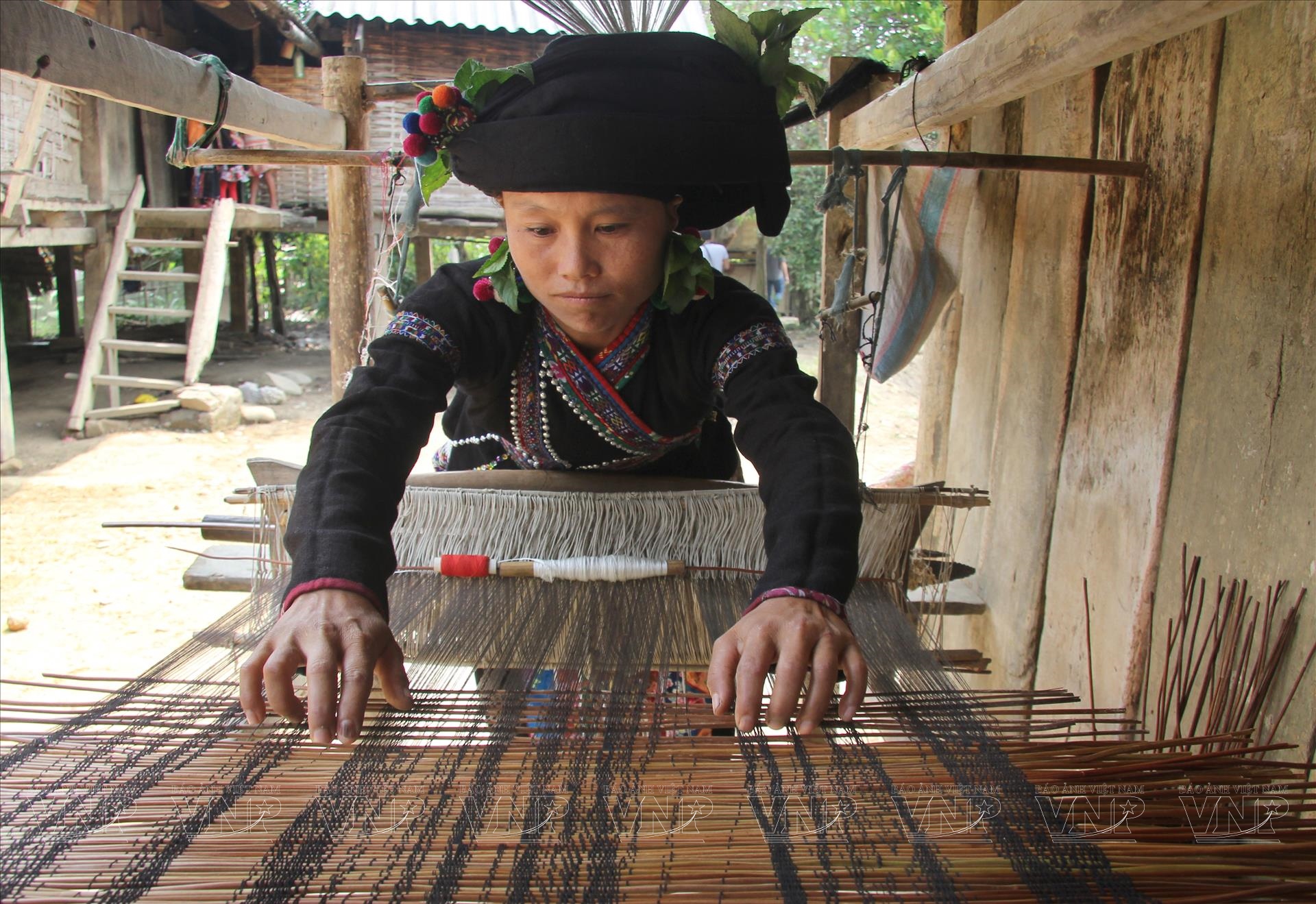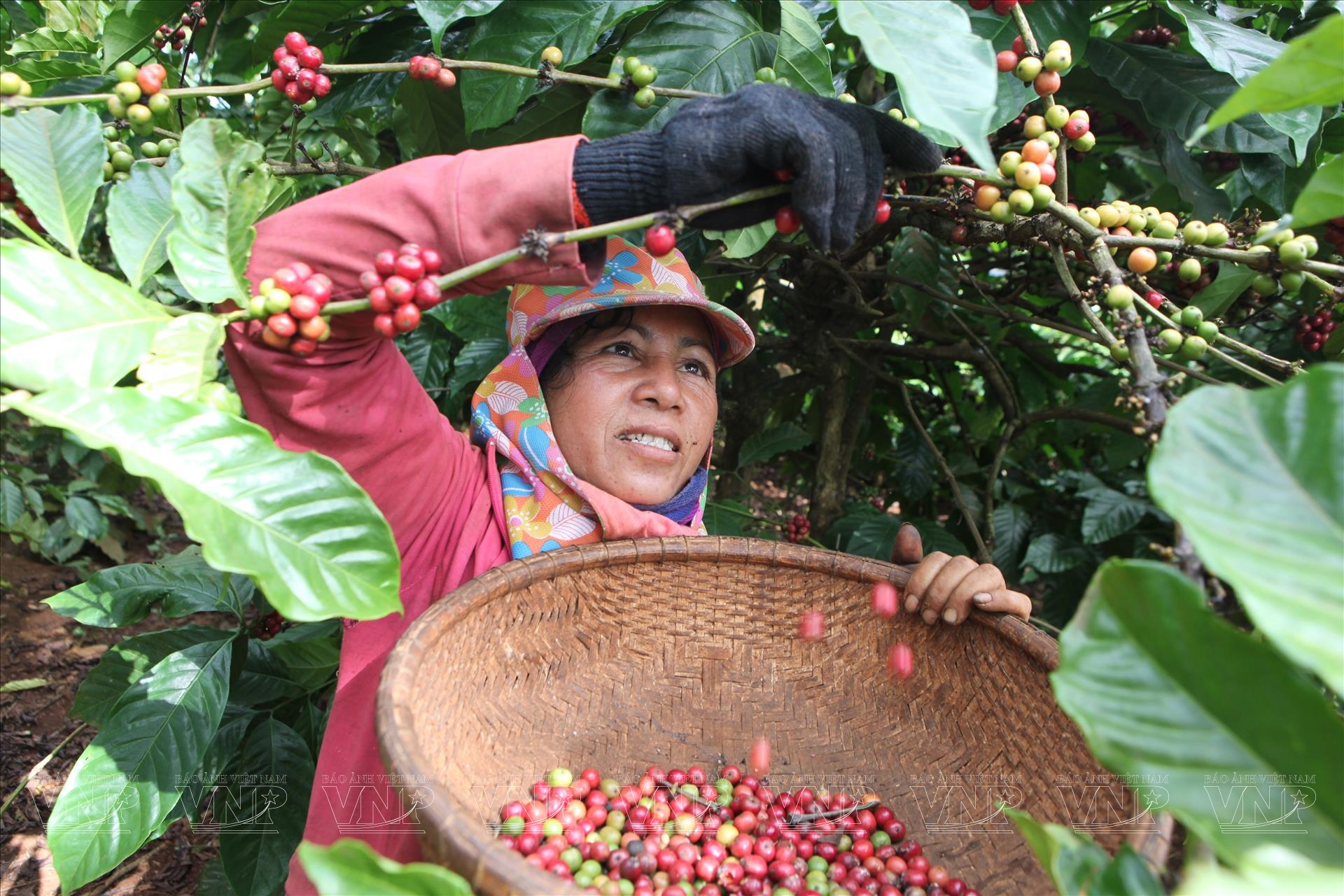Ensuring & Promoting the Rights of Ethnic Minority Women
Outstanding Achievements
Vietnam has developed a fairly progressive national legal framework for gender equality and women's empowerment, including policies to promote gender equality in the ethnic minority inhabited areas.
The Law on Gender Equality (2006) and a number of specific policies for ethnic minority groups, such as the project "Reducing child marriage and consanguineous marriage in ethnic minority areas from 2015-2025, the project to support gender equality in largely ethnic minority areas from 2018-2025 and the master plan for socioeconomic development in ethnic minority and mountainous areas from 2021 - 2030 all contain provisions to promote gender equality among ethnic minority groups.
Most recently on October 14, Deputy Prime Minister Pham Binh Minh signed decision No.1719/ QĐ-TTg approving the national target program on socio-economic development for the mountainous and ethnic-inhabited areas for the 2021-2030 period in the first phase from 2021-2025.
According to the report “Figures on Ethnic Minority Women and Men in Vietnam 2015-2019”, along with the “Policy Brief: Gender issues in ethnic minority areas in Vietnam”, conducted by the UN Women organization with financial support from the Embassy of Ireland in Vietnam, Vietnam made outstanding achievements in gender equality in ethnic minority and mountainous areas in the period from 2015 to 2019. These include a drop of 4.7 percent in the rate of child marriage in ethnic minority groups, the percentage of ethnic minority households having access to internet connection (Wi-Fi, cable or 3G) increased by 9.4 times, from 6.5% in 2015 and 61.3% in 2019, the average income per capita per month of ethnic minorities in 2018 increased sharply by 1.8 times in comparison with 2014 and the average income per month of the female-headed household in ethnic areas always being higher than the male-headed one.
The school attendance rate of ethnic minority children increased by 15.2% between 2015 and 2019 and the percentage of ethnic minority people participating in health insurance reached 93.5%, with no difference between men and women.
Ethnic minority women develop the economy
In recent years, the party committees at all levels and authorities of local and central bodies have paid special attention to promoting the role of ethnic minority women through programs and projects.
They have created favorable conditions for ethnic minority women to participate in the labor market and focused on improving their skills through training and vocational programs. At present, the number of ethnic minority women participating in labor markets, especially those requiring high professional skills, is increasing.
Ethnic women have not only overcome social barriers and gradually had their equal rights in life, but also have participated in many activities in most areas. In the field of education and training, there is an increase in ethnic students who go to school and the ratio of male and female students is not much different.
The ethnic women in particular and ethnic people in general have health insurance and receive health care. In the economic and political fields, the role of women is increasingly enhanced when they have actively given opinions on the building of the guidelines, policies and laws of the Party and State, making more products for society and increasing their family’s income.
Assessing the effectiveness from the implementation of the project to support gender equality in largely ethnic minority areas from 2018-2025, Hoang Thi Hanh – Deputy Minister, Deputy Chairwoman of the Committee for Ethnic Minority Affairs said that the implementation of the project has enhanced the position of ethnic women in all social and economic aspects.

